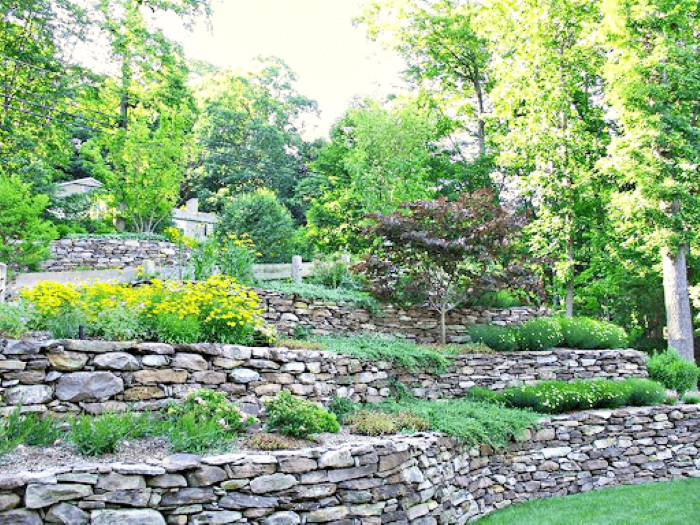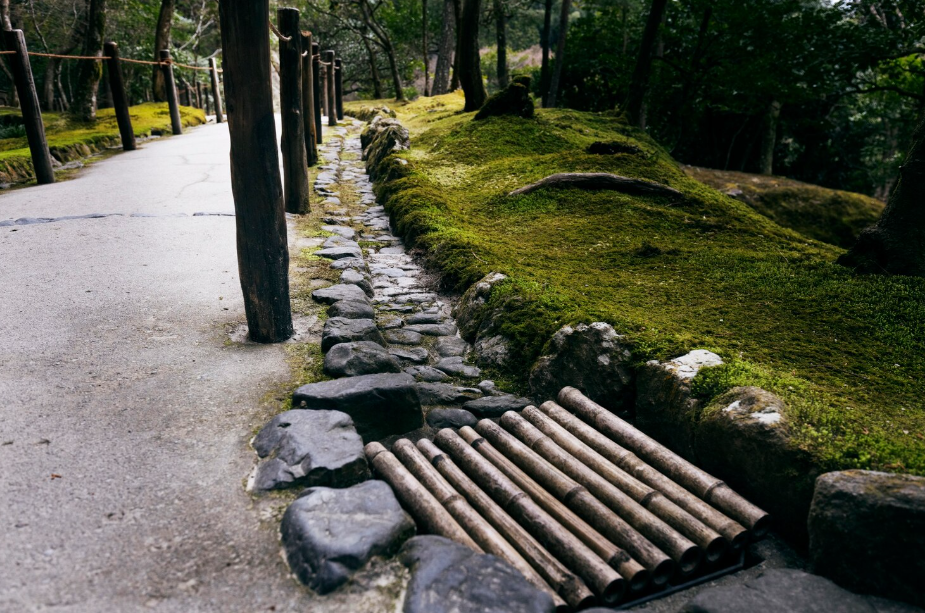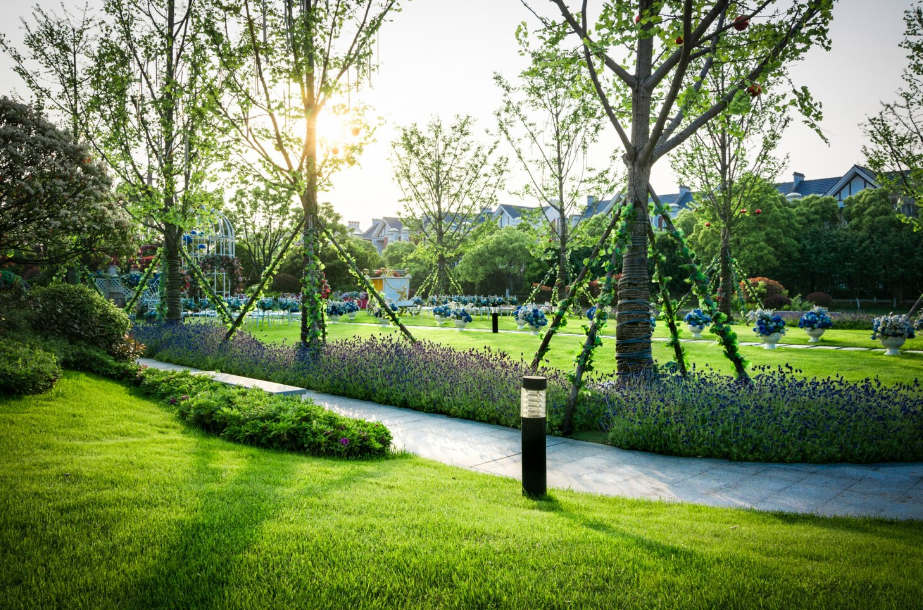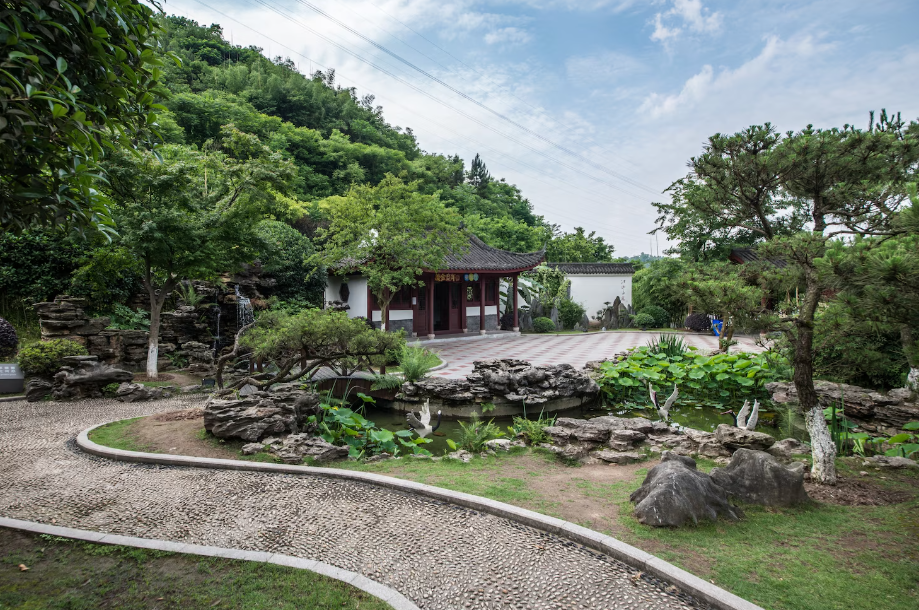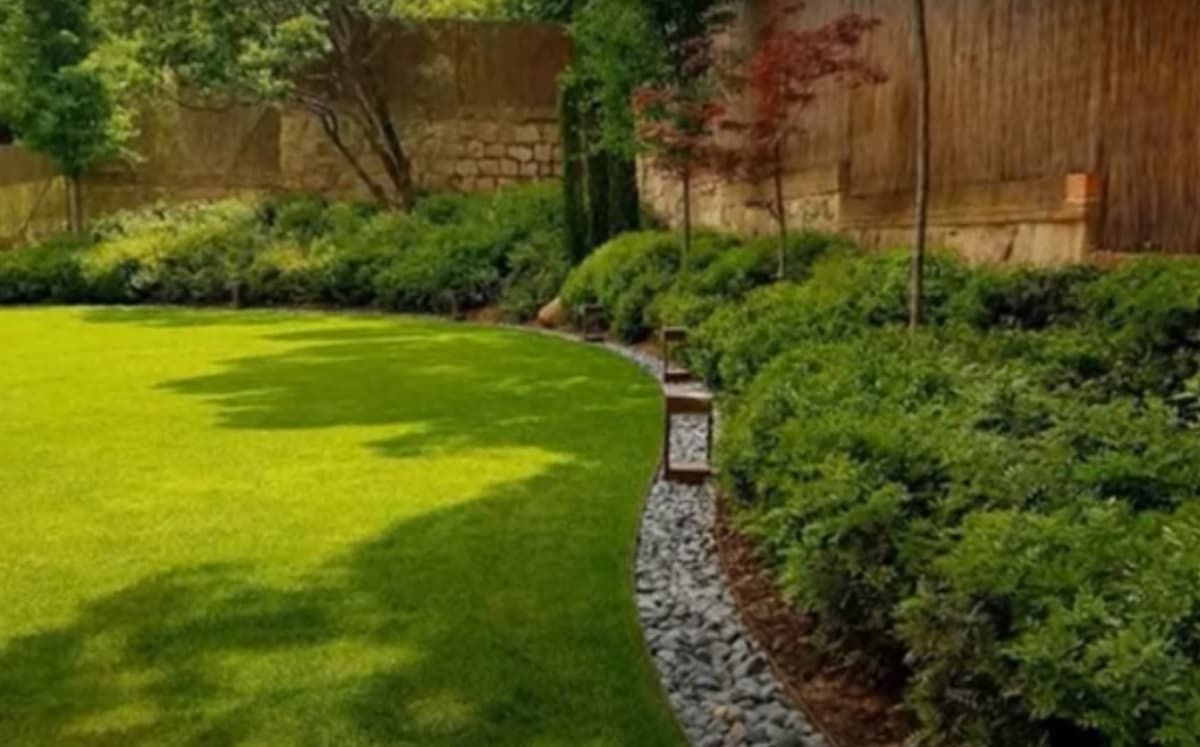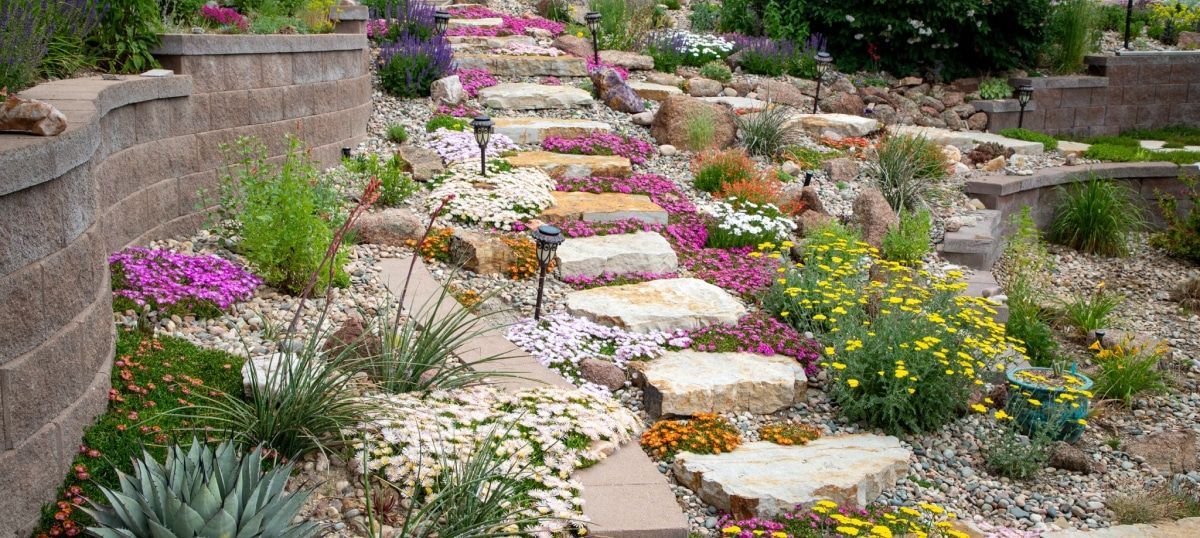How to Design Landscape Lighting for Beauty and Safety
Designing landscape lighting for beauty and safety involves thoughtful planning and creative execution. A trusted landscaping company understands that lighting is not just about visibility but also about creating an atmosphere that complements the property’s design. The goal is to highlight architectural details, accent pathways, and bring out the natural charm of trees and plants without overwhelming the space.
Properly chosen fixtures, careful placement, and efficient installation ensure that your yard remains safe, welcoming, and visually appealing. Energy-efficient options such as LED and solar-powered lights can reduce costs while maintaining a warm and inviting glow throughout your outdoor area.
Planning Your Lighting Layout
Begin your design by mapping out where each fixture should be placed to provide balanced illumination and a pleasing ambiance. Identify the key elements you want to feature, such as trees, walkways, or distinctive structures. Consider the purpose of each area, some may need task lighting for dining or seating, while others may benefit from softer, ambient light for relaxation.
Adjust the height and angle of fixtures to prevent harsh glare and create depth. Pay attention to potential shadow placement to avoid uneven brightness. A well-planned layout ensures that your lighting design enhances both the visual appeal and safety of your landscape.
Selecting the Right Fixtures
Choosing the appropriate fixtures is vital for both style and function. The size of each fixture should complement the area it illuminates, larger lights are ideal for open gardens, while smaller ones work well for pathways and accent features. Select a style that harmonizes with your landscape theme, whether contemporary, rustic, or traditional.
Function also matters; use spotlights for focal points, path lights for walkways, and wall lights to add dimension. Quality materials designed for outdoor conditions will help your system last longer and maintain its appearance. Thoughtful selection yields a cohesive look that enhances the overall ambiance of your outdoor environment.
Highlighting Key Landscape Features
Strategically lighting certain features can dramatically enhance the appearance of your yard after dark. Architectural details such as stone walls, columns, or arches can be softly illuminated to add texture and depth.
Pathways benefit from subtle lighting that guides guests safely while creating an inviting glow. Water elements like fountains or ponds can be accentuated with gentle illumination, adding movement and reflection to the space.
Trees and large plants can be lit from below to produce captivating shadows and create a sense of depth and height. Each feature should be highlighted with intention, contributing to a unified and elegant nighttime setting.
Ensuring Proper Installation Techniques
Correct installation ensures safety, durability, and consistent performance. Lights should be positioned to highlight important features without creating excessive brightness. Use sturdy, weather-resistant materials and cables designed for outdoor use to prevent damage and wear. Bury wiring securely to eliminate tripping hazards and exposure to the elements.
Follow the manufacturer's instructions carefully for voltage and connections to prevent electrical problems. For complex systems, consider hiring professionals to guarantee reliable results. Careful installation not only extends the life of your fixtures but also maintains an attractive and safe lighting arrangement.
Incorporating Energy-Efficient Options
Improving energy efficiency in your lighting design helps lower utility costs and supports sustainable practices. LED lights are a great choice since they use less power while producing consistent brightness and lasting longer than traditional bulbs. Solar-powered fixtures reduce reliance on electrical sources and are easy to install in open areas with direct sunlight.
Motion sensors are another practical option, ensuring lights only activate when movement is detected, which minimizes unnecessary energy use. These methods allow you to maintain a beautiful, well-lit yard while being mindful of both your budget and the environment.
Maintaining Your Outdoor Lighting
Consistent maintenance ensures your lighting system functions effectively and looks its best. Inspect fixtures for cracks, corrosion, or other signs of wear and tear. Clean lenses regularly to remove dirt or residue that can block light. Check wiring and connections for stability and safety. Adjust light angles when needed to maintain balanced illumination across the property.
Replace burned-out bulbs promptly to ensure continuous lighting. Scheduling a yearly inspection by a professional can help catch issues before they escalate. Routine care not only extends the lifespan of your system but also ensures your outdoor spaces remain bright, safe, and inviting throughout the year.
Related Topics:
- What is Grading in Landscaping and Why It Matters
- How to Landscape Backyard for Curb Appeal and Comfort
